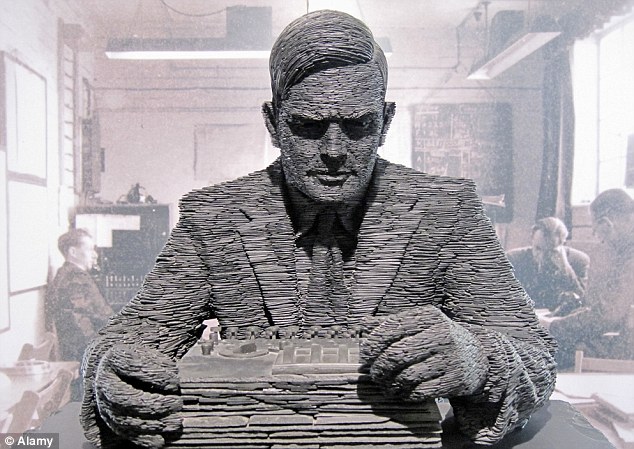November 2016
Cognitive Computing is the Real Deal
I’ve worked in the software industry long enough that I’m a bit jaded when it comes to the Next Big Thing. Every few years some catchphrase makes the jump into the popular lexicon, and in recent years we’ve all been overwhelmed by the “sharing economy,” “disruptive technologies,” and “mobilegeddon.” Most of these fade away into what everyone used to call “cyberspace,” but some of them actually mean something.
One term that is currently in use that will probably be with us for many years is “cognitive computing.” That’s because it represents a trend that companies are not just aspiring to be part of, but a trend that is actually changing the world right now.
The idea of cognitive computing – the ability of machines to mimic human thought – actually predates modern computers. In 1950 Alan Turing wrote “I propose to consider the question, "Can machines think?" This statement is considered to be the genesis of what would later be termed artificial intelligence, which is a key element of cognitive computing. Over the next several decades engineers and programmers made significant strides in AI, but the results were never quite right.
And then something happened. In 1997 an IBM computer called Deep Blue did the unthinkable by beating Grandmaster Garry Kasparov at chess. Less than 15 years later, IBM’s Watson (the company’s flagship cognitive computing product) used advanced natural language processing to beat trivia master Ken Jennings at Jeopardy. Today, Watson is leading the world of cognitive computing not only by being fast, but by actually thinking like a human. For the first time, we can answer Alan Turing’s challenge with one word: Yes.
I’m most excited by the fact that cognitive computing is now firmly embedded in the real world. Memorial Sloan-Kettering Cancer Center is using Watson to treat life-threatening illnesses. Weather Underground is using cognitive to forecast severe storms. A professor at Georgia Tech used Watson to create a virtual teaching assistant for his students. MusicGeek relies on Watson to make listening recommendations to music fans. And even the venerable Bon Appétit magazine is using Watson to help cooks come up with innovative new recipes.
No one knows what new buzzwords will pop up in 2017…or which ones that are popular today will be relegated to obscurity. But I feel confident in saying that cognitive computing is no flash in the pan, and will be with us for a long time. Now let’s see what we can do with it.
-Andy
Andrew J. Youniss
President and CEO, Rocket Software, Inc.
Letters archive:
May 2017 | April 2017 | March 2017 | February 2017 | January 2017 | December 2016 | November 2016 | October 2016 | September 2016 | August 2016 | July 2016 | June 2016 | May 2016 | April 2016 | March 2016 | February 2016 | January 2016 | December 2015 | November 2015 | October 2015 | September 2015 | August 2015 | July 2015 | June 2015 | May 2015 | April 2015 | March 2015 | February 2015 | January 2015 | July 2014 | Apr 2014 | Mar 2014 | Dec 2013 - Jan 2014 | Oct 2013 | Jul 2013
